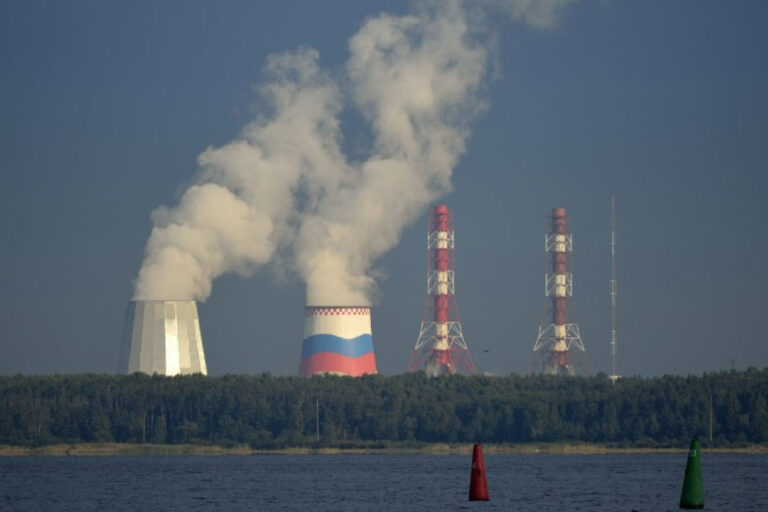The Russian government has approved an increase in nuclear electricity tariffs in the first tariff zone, which includes the European part of the country and the Urals. This decision, published on the Russian government’s website on December 29, comes against a backdrop of particularly low electricity prices in the occupied Ukrainian regions. The government’s explanatory note justifies the increase by the need to compensate for losses incurred by Atomenergosbyt, a subsidiary of the state nuclear company Rosatom, in selling electricity to the “new regions” – the term used by the Russian government to designate the parts of the Donetsk, Luhansk, Zaporijia and Kherson regions controlled by Russian forces.
Pricing structure and economic impact
Russian electricity consumers pay one price based on their consumption and another in a capacity payment designed to incentivize generators to guarantee capacity availability over the medium to long term. Whereas the electricity market operates on a competitive basis, in the capacity market, prices are set by the state under a capacity supply agreement. The increase is planned for capacity payments and should come into effect after Russia’s Federal Antimonopoly Service has designed the new tariffs.
Government grants and strategies
Supplying electricity under the low tariffs set by the Russian government for the Donetsk, Luhansk, Zaporijia and Kherson regions for the next 10 years would result in losses for Atomenergosbyt of 36 billion rubles ($399.6 million) in 2024, according to Russian business newspaper Kommersant. To reimburse these costs, 3 billion rubles should be allocated in the form of a direct subsidy from the Russian budget, with the remainder coming from the planned increase in capacity tariffs.
Atomenergosbyt and the Energy Market
In August 2023, the Russian government appointed four Atomenergosbyt subsidiaries as guaranteed electricity suppliers for the “new regions”. The company has been authorized to purchase electricity locally as well as supply it from the Russian common energy grid, and distribute it among customers in each region. Atomenergosbyt, an electricity sales subsidiary of Rosatom, was initially focused exclusively on the needs of the Russian nuclear industry prior to 2014, but in the following years expanded its activities to the open market and was appointed as a guaranteed electricity supplier in the regions of Kursk, Smolensk, Tver, Murmansk and the Republic of Khakassia.
The increase in nuclear electricity tariffs in Russia, in response to economic challenges in the occupied Ukrainian regions, highlights the complex interplay between energy policy, economic strategies and geopolitical tensions. This decision could have significant repercussions both for Russian consumers and for regional energy dynamics.






















